
Natalie Goedeker, CPNP, the codirector of pediatric neuromuscular clinical research at Washington University in St. Louis, discussed the session she chaired at MDA’s 2025 conference.

Natalie Goedeker, CPNP, the codirector of pediatric neuromuscular clinical research at Washington University in St. Louis, discussed the session she chaired at MDA’s 2025 conference.

David-Alexandre Gros, MD, the chief executive officer of Eledon Pharmaceuticals, discussed the company’s investigational monoclonal antibody and its use along with EGenesis porcine kidney transplant product.

Review top news and interview highlights from the week ending March 28, 2025.

The codirector of pediatric neuromuscular clinical research at Washington University in St. Louis discussed the session she chaired at MDA’s 2025 conference.

The chief executive officer of Eledon Pharmaceuticals discussed the company’s investigational monoclonal antibody and its use along with EGenesis porcine kidney transplant product.

Catch up on the latest news, breakthroughs, and announcements from biotechnology companies making advancements in cell and gene therapies.

According to Secretome, the first-in-human, open-label trial is the first trial to assess an allogeneic stem cell therapy product for HFpEF.
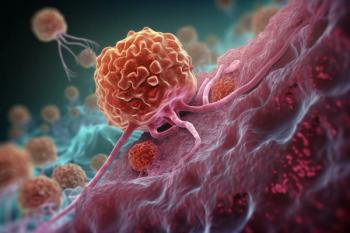
In observance of National Colorectal Cancer Awareness Month, held annually in March, we took a look back at news in cell therapy for colorectal cancer indications.

Michael Flanagan, PhD, the chief scientific officer at Avidity, discussed the function and mechanism of the investigational antisense treatment, which is in development for DMD amenable to exon 44 skipping.

Review top news and interview highlights from the week ending March 21, 2025.

In observance of Multiple Sclerosis Awareness Month, held annually in March, we took a look back at the past year's news in cell therapy for MS.

The product is marketed under the name Amvuttra.

One of the patients, who was aged 3 years at the time of treatment, achieved 122.3% microdystrophin expression compared to control.

Catch up on the latest news, breakthroughs, and announcements from biotechnology companies making advancements in cell and gene therapies.
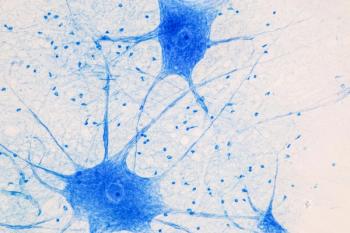
OAV101 IT is a version of Zolgensma that is delivered directly to the spine.

Acute liver injury is known to be a possible adverse event associated with AAV vector-based gene therapies such as Elevidys.
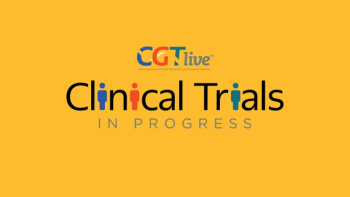
CGTLive® took a closer look at the single-center, open-label study, which aims to assess the safety and efficacy of the CAR-T therapy.

Review top news and interview highlights from the week ending March 14, 2025.

John Brandsema, MD, a pediatric neurologist in the Division of Neurology at Children’s Hospital of Philadelphia, offered insights into the obstacles the clinical community is facing around integrating gene therapies into clinical practice.

The study included 48 patients, 36 of whom received laromestrocel and 12 of whom received a placebo.

Catch up on the latest news, breakthroughs, and announcements from biotechnology companies making advancements in cell and gene therapies.

David-Alexandre Gros, MD, the chief executive officer of Eledon Pharmaceuticals, discussed the company’s collaboration with EGenesis.
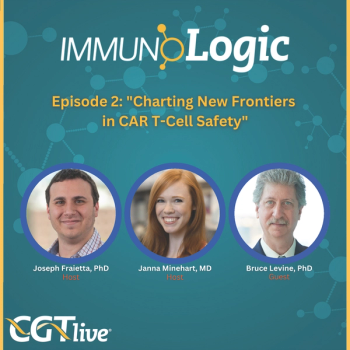
In Episode 2 of ImmunoLogic, Bruce Levine, PhD, discussed the current the risk-benefit-ratio for CAR-T therapy.
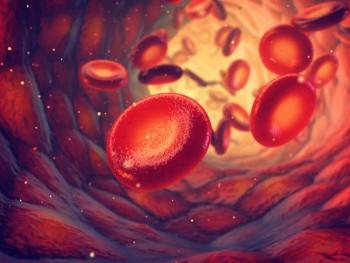
In observance of Bleeding Disorders Awareness Month, held annually in March, catch up on some of the latest news and expert insights in gene therapy for hemophilia, which is among the most common of these disorders.

David Barrett, JD, the chief executive officer of ASGCT, broke down the highlights of the organization’s final report for 2024.

Review top news and interview highlights from the week ending March 7, 2025.

Catch up on any of the key data updates you may have missed last month, with coverage highlights from the CGTLive™ team.

Neurotech expects that the therapy will become available in the United States in June 2025.

Catch up on the latest news, breakthroughs, and announcements from biotechnology companies making advancements in cell and gene therapies.

Reena Sharma, MD, an adult metabolic consultant at Salford Royal Hospital, discussed areas of interest for future study for the Gaucher disease gene therapy product.